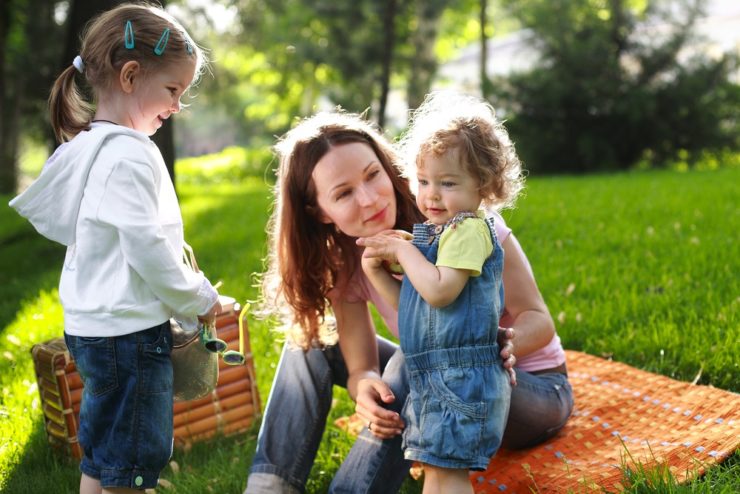We spend a lot of time and energy appreciating other people in our lives – our family, our neighbors, our friends. But do you appreciate yourself?
Therapist Julie Hanks helps us recognize our own worth.
When you think of appreciation, what comes to mind? I think of being filled with gratitude for my loved ones and for the opportunities I have been given. Appreciation doesn’t automatically link to the concept of appreciation and gratitude for me!
What does the word appreciation mean? Merriam-Webster dictionary defines the “appreciate” in the following four ways:
a: to grasp the nature, worth, quality, or significance of
b : to value or admire highly
c : to judge with heightened perception or understanding : be fully aware of
d : to recognize with gratitude
All of these definitions apply to appreciating yourself. Do you recognizing your worth? Do you highly value yourself and your contributions? Do you practice self-awareness? Do you feel gratitude toward you?
What gets in the way of appreciating yourself?
Comparison is looking to others and their performance as a way to measure how you’re doing. It is a misguided attempt to gain a sense of self-worth through external validation.
Perfectionism is the belief that you can live flawlessly, look perfectly and act ideally in every situation, and in doing so, you can avoid the pain and earn other’s love and acceptance.
Self-criticism is focusing on your imperfections and saying negative things to yourself. It is often born out of a fear that if you don’t criticize yourself you’ll become lazy and self-indulgent.
“The curious paradox is that when I can accept myself just as I am, then I can change.”
Carl Rogers, American psychologist
4 Ways To Appreciate Yourself Now
1) Cultivate self-compassion
Researcher Kristin Neff, PhD, author of Self-Compassion: Stop beating yourself up and leave insecurity behind (2011) identified 3 components of self-compassion. The first aspect is self-kindness. Self-kindness is a warm feeling toward yourself when you suffer, are imperfect, or when you make mistakes. Self-kindness is not the same as throwing a “pity party”, wallowing, or being self-involved. It is simply extending the same kindness to yourself that you would offer others when they are in pain.
2) Embrace Imperfection
Embracing imperfection is related to Dr. Neff’s second component of self-compassion called common humanity. Common humanity is recognizing and accepting that suffering, imperfection, and pain are part of all human experience. It’s easy to see your life as less than perfect and to feel very alone. “I’m the only one who’s suffering or struggling.” Recognizing the larger context of your own suffering helps you to recognize that everyone shares the experience of being imperfect.
3) Be Where Your Feet Are
Dr. Neff’s third aspect of self-compassion is mindfulness: the practice of observing yourself, your experience, and your negative emotions in a non-judgmental way. This means you don’t suppressing your emotions, and you don’t over identify with them either. You simply accept “what is” and accept “where you are at this moment.”
“If you are depressed you are living in the past. If you are anxious you are living in the future. If you are at peace you are living in the present.”
-Lao Tzu
4) Add drops of awesome
An important part of appreciating yourself now is noticing the small successes – the little life moments that “sparkle.” I recently came across a blog article called Drops of Awesome, a touching illustration of one mother’s quest to acknowledge her small victories and overcome self-criticism. She decides that everything good is a “drop of awesome” in her bucket and that no drop is ever lost through imperfection. You can only add to your bucket of awesome. She ends the post “Small and simple. Tiny drops. Go forth. Be Awesome.”















Add comment